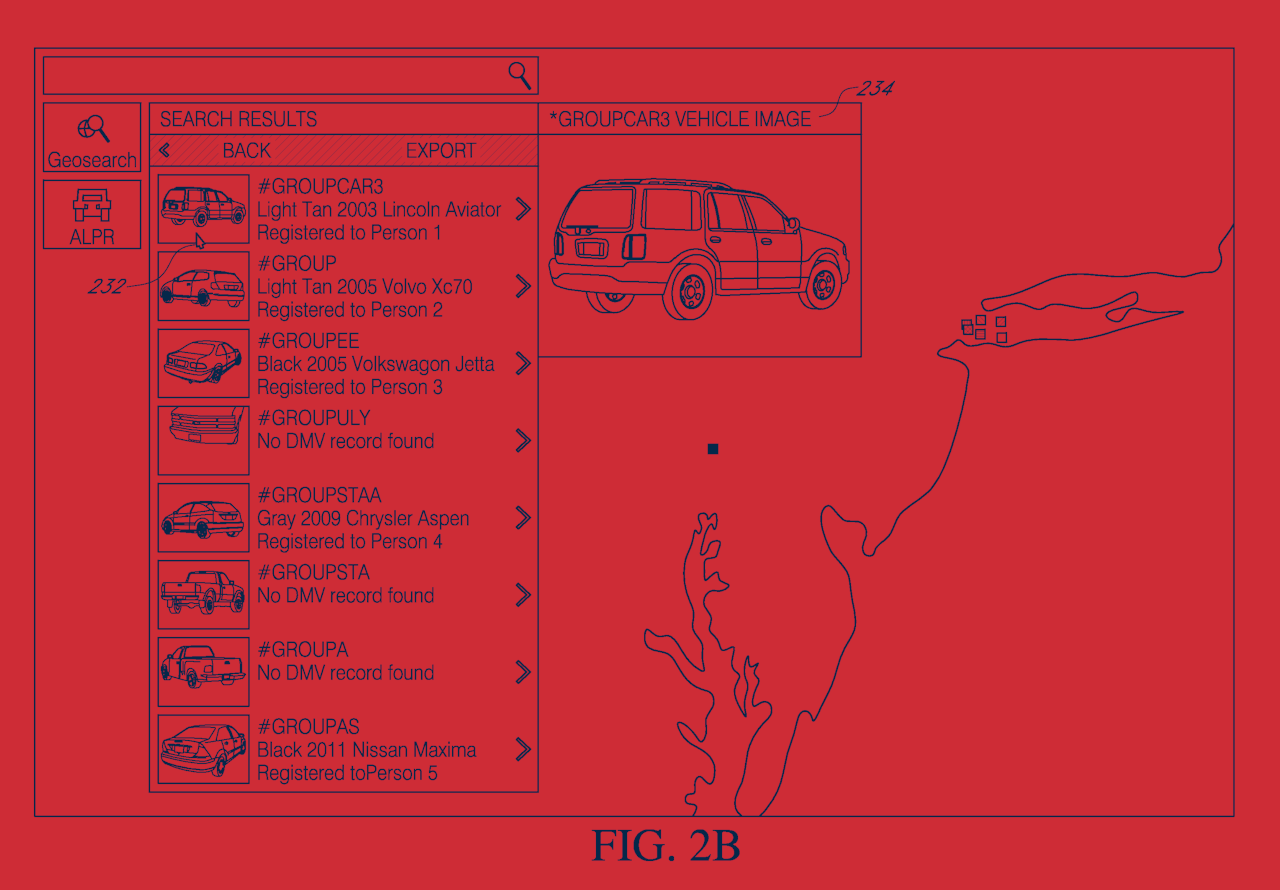Hey, you know what’s a terrifying company? Palantir, the data-oriented intelligence firm co-founded by Peter Thiel with $2 million in seed money from the C.I.A.’s venture capital firm In-Q-Tel. This week, The New York Times reported that a Palantir employee in London came up with the idea to use a bullshit personality quiz as a digital carrot to convince people to give their the personal data (and, inadvertently, that of everyone they know) — a suggestion that he sent to Cambridge Analytica, who then deployed it to gain access to the contents of 50 million Facebook profiles, a trove of information which may or may not have helped Donald Trump become President. (In a statement, Palantir told the Times that the employee’s interactions with Cambridge Analytica were done “in an entirely personal capacity” and that the company is “looking into this and will take the appropriate action.”)
The idea that Thiel, a Facebook board member and an outspoken Trump supporter during the 2016 election, also had his hand in a company that helped Cambridge Analytica take canny advantage of Facebook’s privacy guidelines to look at all our shit, almost reads like a conspiracy theory — one so extraordinarily bonkers that most people probably won’t care whether or not it’s all a big coincidence.
It is not a conspiracy theory, however, to say that Palantir is creepy as hell. For one thing, the company has ways to track us that make Cambridge Analytica’s Facebook-mining seem quaint, including surveillance techniques that are already being used by police departments and government agencies such as ICE.
To me, the most sinister arrow in Palantir’s quiver is how they can use our cars to tell where we are at all times. According to a 2013 patent application filed by the company, Palantir devised an “interactive vehicle information map system” that employs a trove of disparate data sources to search for and track vehicles. The patent states that the individual or entity operating this system “may view detailed information associated with particular vehicles including, for example, captured images, vehicle-owner data, event history, and the like. Further, the user may export data and/or create search alerts.”
One of the data sources the patent application refers to is something called Automatic License-Plate Recognition, which it says “may be accomplished by capturing a vehicle license plate with a camera mounted on a stoplight, on [a] law enforcement vehicle, on a tow truck, or on any other type of vehicle, and/or near a road,” and then using “optical character recognition” to read the license plate number.
In other words, Palantir knows how to figure out where your car is based on traffic cameras that could hypothetically be anywhere, and if they’re looking for you, they can find you if you drive past one. Additionally, if their system picks you up, the person using it can look at your “event history,” which shows them your previous “traffic incidents (such as accidents), criminal events, law enforcement activities (for example, traffic citations), and the like.”
Right now, we don’t know how (or even if) Cambridge Analytica’s Facebook data-spelunking affected the outcome of the 2016 election, and that sense of the unknown is scary. But what should feel even more ominous is the fact that we know exactly what Palantir’s technology is capable of.

